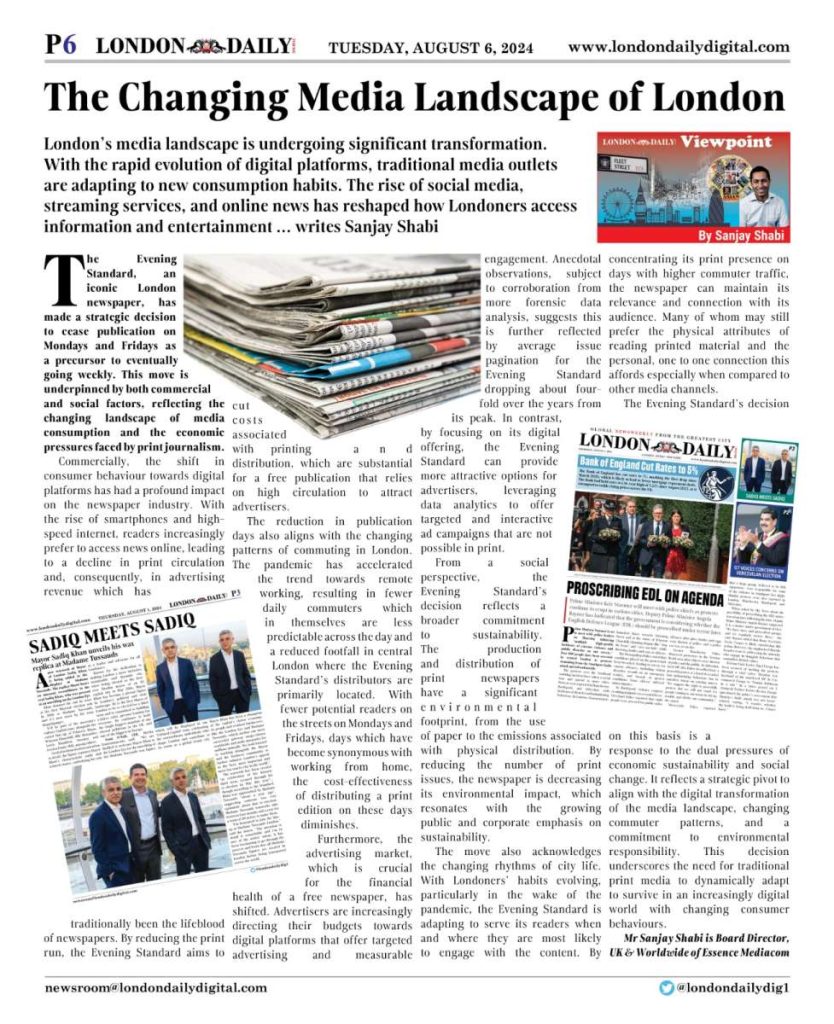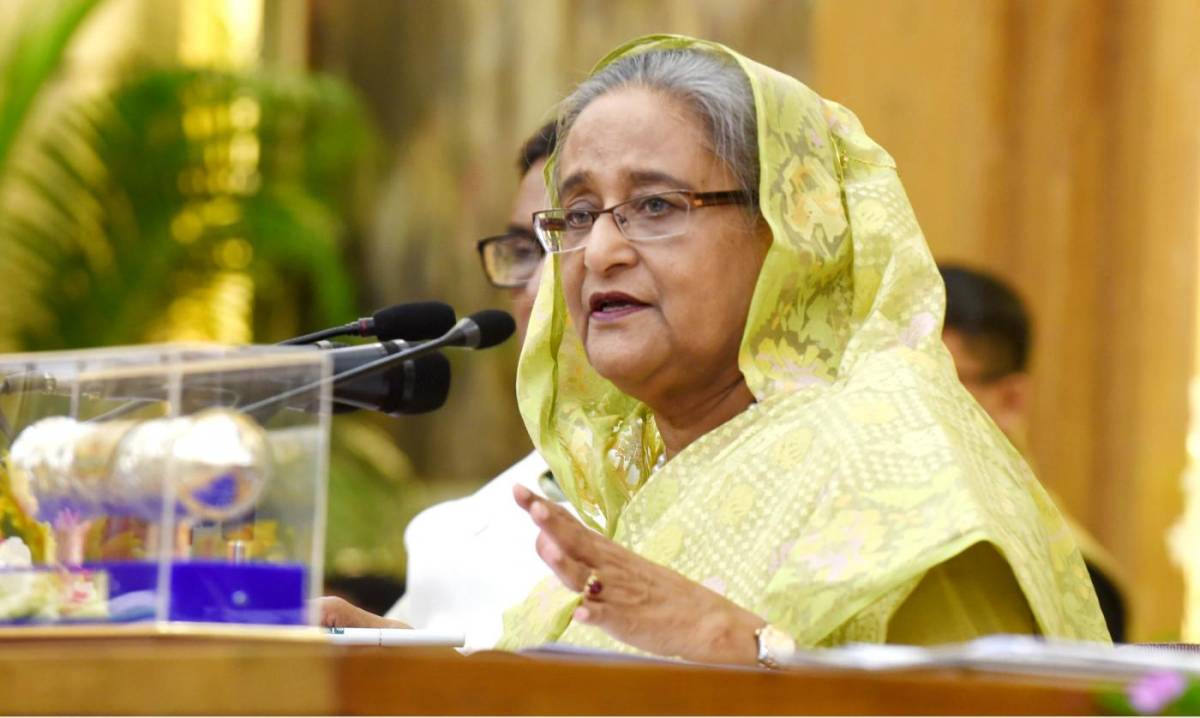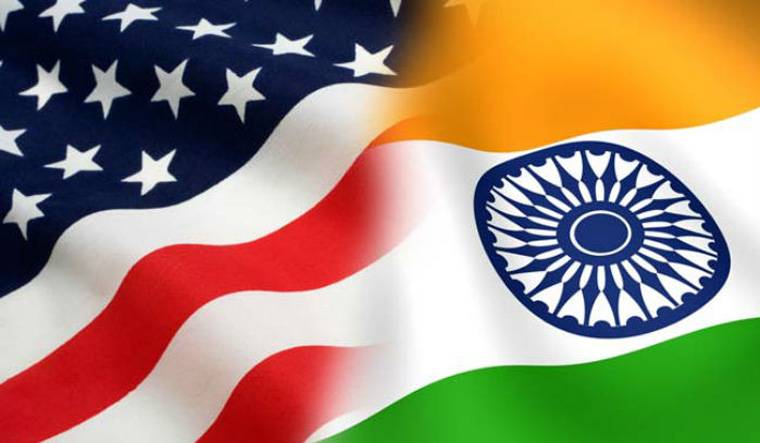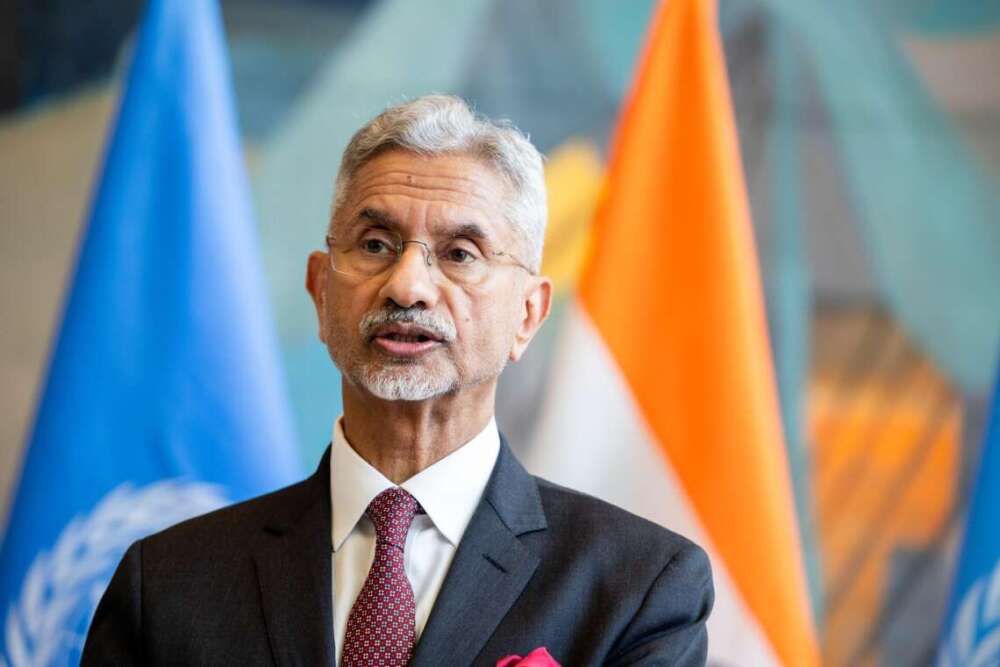London’s media landscape is undergoing significant transformation. With the rapid evolution of digital platforms, traditional media outlets are adapting to new consumption habits. The rise of social media, streaming services, and online news has reshaped how Londoners access information and entertainment … writes Sanjay Shabi
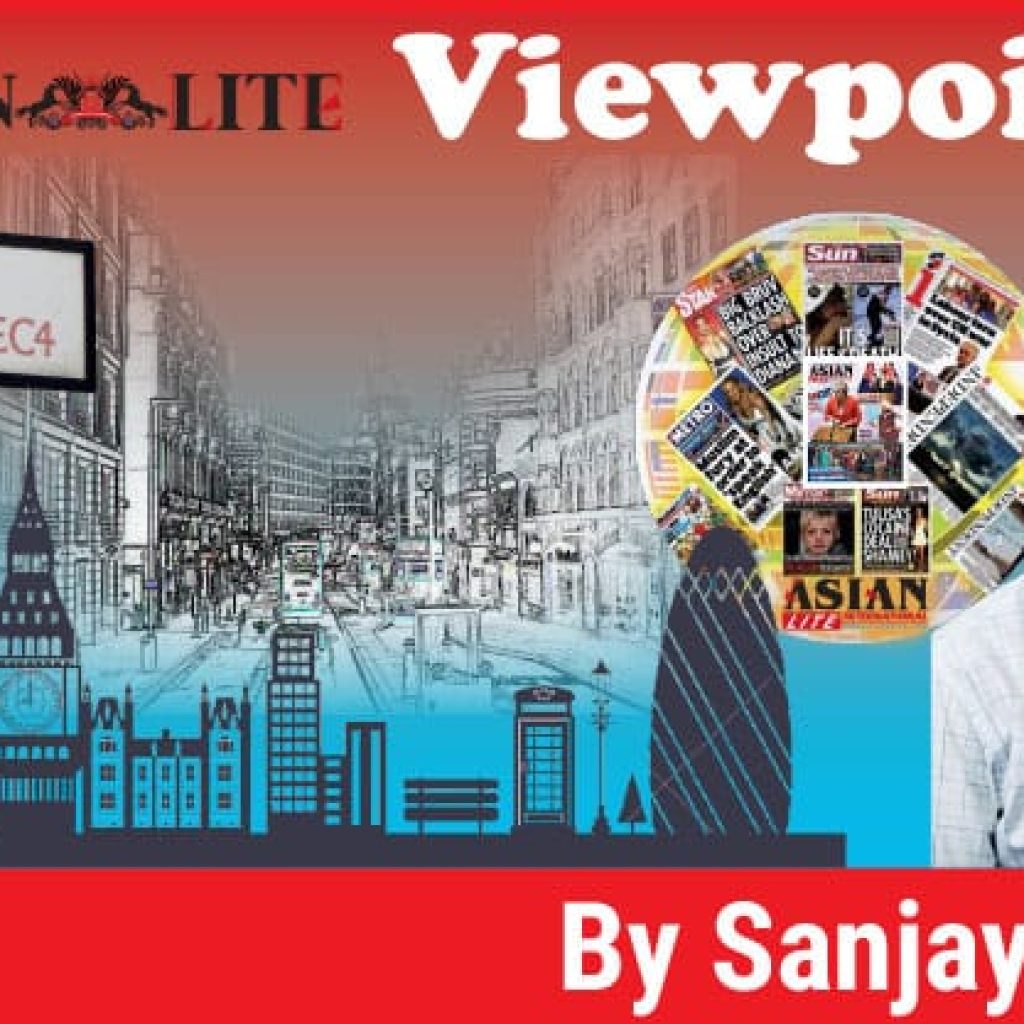
The Evening Standard, an iconic London newspaper, has made a strategic decision to cease publication on Mondays and Fridays as a precursor to eventually going weekly. This move is underpinned by both commercial and social factors, reflecting the changing landscape of media consumption and the economic pressures faced by print journalism.
Commercially, the shift in consumer behaviour towards digital platforms has had a profound impact on the newspaper industry. With the rise of smartphones and high-speed internet, readers increasingly prefer to access news online, leading to a decline in print circulation and, consequently, in advertising revenue which has traditionally been the lifeblood of newspapers. By reducing the print run, the Evening Standard aims to cut costs associated with printing and distribution, which are substantial for a free publication that relies on high circulation to attract advertisers.
The reduction in publication days also aligns with the changing patterns of commuting in London. The pandemic has accelerated the trend towards remote working, resulting in fewer daily commuters which in themselves are less predictable across the day and a reduced footfall in central London where the Evening Standard’s distributors are primarily located. With fewer potential readers on the streets on Mondays and Fridays, days which have become synonymous with working from home, the cost-effectiveness of distributing a print edition on these days diminishes.
Furthermore, the advertising market, which is crucial for the financial health of a free newspaper, has shifted. Advertisers are increasingly directing their budgets towards digital platforms that offer targeted advertising and measurable engagement. Anecdotal observations, subject to corroboration from more forensic data analysis, suggests this is further reflected by average issue pagination for the Evening Standard dropping about four-fold over the years from its peak. In contrast, by focusing on its digital offering, the Evening Standard can provide more attractive options for advertisers, leveraging data analytics to offer targeted and interactive ad campaigns that are not possible in print.
From a social perspective, the Evening Standard’s decision reflects a broader commitment to sustainability. The production and distribution of print newspapers have a significant environmental footprint, from the use of paper to the emissions associated with physical distribution. By reducing the number of print issues, the newspaper is decreasing its environmental impact, which resonates with the growing public and corporate emphasis on sustainability.
The move also acknowledges the changing rhythms of city life. With Londoners’ habits evolving, particularly in the wake of the pandemic, the Evening Standard is adapting to serve its readers when and where they are most likely to engage with the content. By concentrating its print presence on days with higher commuter traffic, the newspaper can maintain its relevance and connection with its audience. Many of whom may still prefer the physical attributes of reading printed material and the personal, one to one connection this affords especially when compared to other media channels.
The Evening Standard’s decision on this basis is a response to the dual pressures of economic sustainability and social change. It reflects a strategic pivot to align with the digital transformation of the media landscape, changing commuter patterns, and a commitment to environmental responsibility. This decision underscores the need for traditional print media to dynamically adapt to survive in an increasingly digital world with changing consumer behaviours.
(Mr Sanjay Shabi is Board Director, UK & Worldwide of Essence Mediacom)
ALSO READ: Car Free Day in London
